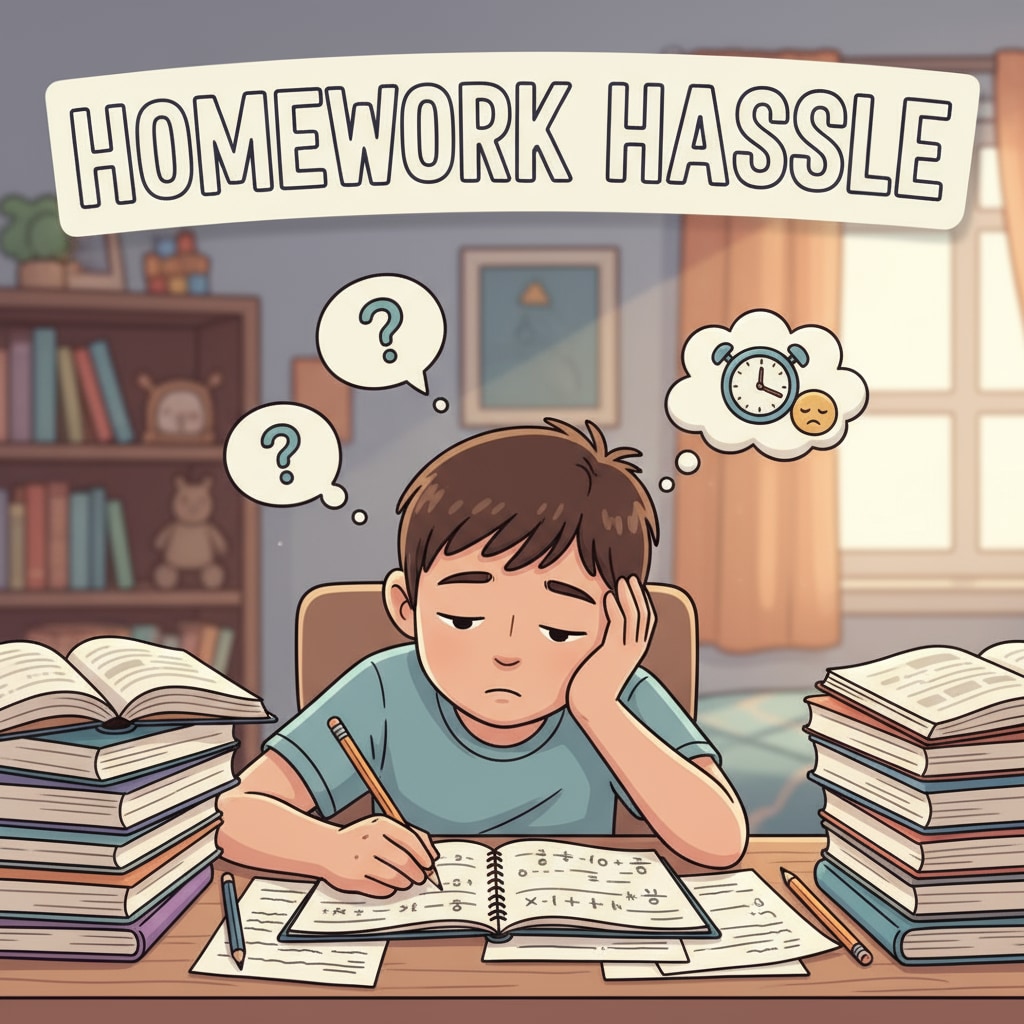Homework, self-responsibility, and learning motivation are crucial aspects in the realm of education. For years, mandatory homework has been a staple in K12 education, but it’s time to reevaluate its effectiveness.

The Limitations of Traditional Homework
Traditional homework often follows a one-size-fits-all approach. It’s assigned without much consideration for students’ individual learning paces and interests. As a result, many students find themselves overwhelmed and unengaged. According to Education Week, a significant number of students feel stressed due to excessive homework, which can actually dampen their learning motivation. This lack of personalization fails to cultivate self-responsibility as students are simply following instructions rather than taking ownership of their learning.

Fostering Self-Responsibility through Choice
When we eliminate mandatory homework, we open the door to a system based on choice. Students can be given options to select tasks that align with their interests and learning goals. For instance, instead of a set math worksheet, they could choose between a math project, a game, or a research paper. This not only makes learning more enjoyable but also instills a sense of self-responsibility. As per the National Education Association, when students have a say in their learning, they are more likely to be motivated and take responsibility for their educational progress.
By giving students the power to choose, we are teaching them to be accountable for their decisions. They start to understand that their choices have consequences, whether it’s achieving better grades or struggling to keep up. This newfound self-responsibility becomes a driving force behind their learning.
Readability guidance: The above content clearly presents the limitations of traditional homework and how choice can foster self-responsibility. Short paragraphs and key points are used for better readability. Transition words like ‘as a result’ and ‘for instance’ are added to enhance flow.


